A Complete Guide to Commercial Dishwashers: Which One is Right for You?
In the bustling world of restaurants, cafes, hotels, and other food service establishments, a reliable and efficient dishwasher is a critical component of daily operations. The demand for clean, sanitized dishes is constant, and commercial dishwashers play a pivotal role in meeting these demands while maintaining the highest standards of cleanliness and hygiene. With a wide variety of options available in the market, choosing the right commercial dishwasher can be a daunting task. This comprehensive guide aims to simplify the process by providing insights into how to use a commercial dishwasher, the types of commercial dishwashers, their features, considerations for selection, and maintenance tips.
How to Use a Commercial Dishwasher
Before delving into the specifics of choosing a commercial dishwasher, let’s understand how to use one effectively. While the exact steps may vary based on the model you have, here’s a general guide to using a commercial dishwasher:
- Preparation: Scrape off excess food from dishes and remove any solid debris. Empty glasses and cups of liquids.
- Loading: Organize the dishes by type, placing plates, glasses, and utensils in their respective compartments. Avoid overcrowding to ensure thorough cleaning.
- Detergent and Rinse Aid: Add the appropriate commercial dishwasher detergent and rinse aid as recommended by the manufacturer. Using the right chemicals is crucial for effective cleaning and preventing buildup.
- Select Wash Cycle: Most commercial dishwashers offer different wash cycles for varying degrees of soiling and types of dishes. Choose the appropriate cycle based on the dishes you’re washing.
- Close Door and Start: Close the dishwasher door securely. Depending on the model, press the designated buttons to start the wash cycle. Some models might have digital displays for easy selection.
- Drying Cycle (if applicable): If your dishwasher has a drying cycle, ensure that it’s activated. This step is essential for removing excess moisture and preventing water spots.
- Unloading: Once the cycle is complete, carefully open the dishwasher door. Start unloading from the bottom rack to prevent water from dripping onto cleaned dishes.
- Inspect and Store: Inspect the dishes for cleanliness. Any dishes that are not fully cleaned might need to be rewashed. Once satisfied, store the cleaned dishes in their designated areas.
Types of Commercial Dishwashers
Commercial dishwashers come in various types, each designed to cater to specific needs and space constraints. The main types include:
- Undercounter Dishwashers: These compact units are perfect for establishments with limited space. They fit under countertops and offer quick cycles, making them suitable for small to medium-sized operations.
- Door-Type Dishwashers (Conveyor Dishwashers): Door-type dishwashers are designed for higher capacity operations. They feature a conveyor belt that transports dishes through the washing, rinsing, and drying cycles. Ideal for larger restaurants and busy cafeterias.
- Flight-Type Dishwashers: These machines are suitable for large-scale operations such as institutional kitchens and industrial catering. Dishes are loaded onto a conveyor belt, and the machine takes care of the entire washing process automatically.
- Pot and Pan Dishwashers: These heavy-duty machines are specifically designed for cleaning pots, pans, and other large cooking utensils. They have high-pressure jets and powerful pumps to remove stubborn food residues.
- Glasswashers: Perfect for bars and venues where glassware is prominent. Glasswashers use gentle cycles to prevent chipping and damage to delicate glassware.
Key Factors to Consider
Choosing the right commercial dishwasher involves evaluating several factors to ensure that it aligns with your operational requirements:
Capacity and Throughput:
Determine the volume of dishes you need to clean per hour. This will help you choose a dishwasher with the appropriate capacity to keep up with your demand during peak hours.
Space Constraints
Consider the available space in your kitchen. Undercounter dishwashers are suitable for smaller spaces, while larger establishments might opt for conveyor or flight-type models.
Water and Energy Efficiency
Look for dishwashers with high energy and water efficiency ratings. Energy Star-certified models can help you save on utility costs while reducing environmental impact.
Cycle Times
Evaluate the cycle times of different machines. Faster cycles can increase productivity during busy periods.
Cleaning Performance
Research the cleaning performance of the dishwasher. Look for features like adjustable water jets, multiple wash arms, and specialized wash cycles for different types of dishes.
Maintenance and Service
Consider the ease of maintenance and availability of service support. Machines with accessible parts and a reliable service network can prevent prolonged downtimes.
Budget
Set a budget range and explore options within that range. While it’s tempting to choose the least expensive option, remember that durability and performance are critical for long-term savings. Atlantic Equipment also offers financing options.
Noise Levels
Especially important in open kitchen setups, quieter dishwashers can contribute to a more pleasant dining experience for customers and a less disruptive workspace for staff.
Additional Features
Some dishwashers offer advanced features like built-in water softeners, reverse osmosis systems, and automatic detergent dispensers. Evaluate whether these features align with your needs.
Maintenance and Care
Proper maintenance of your commercial dishwasher is crucial for longevity and optimal performance. Here are some maintenance tips to keep in mind:
- Regular Cleaning: Follow the manufacturer’s guidelines for cleaning the interior, filters, and spray arms. Remove debris and food particles that can clog the system.
- Inspect and Replace Parts: Regularly inspect components such as gaskets, seals, and wash arms. Replace any worn-out or damaged parts promptly to prevent leaks and ensure effective cleaning.
- Descale and Delime: Depending on the water quality in your area, mineral buildup can occur over time. Use appropriate descaling agents to keep the machine functioning at its best.
- Train Staff: Properly train your staff on loading dishes, using the correct detergents, understanding the machine’s operation, and how to use a commercial dishwasher effectively. This can minimize errors that could lead to breakdowns.
- Scheduled Maintenance: Create a schedule for professional maintenance and servicing. Experienced technicians can identify potential issues before they escalate.
- Water Temperature and Pressure: Ensure that the water entering the dishwasher meets the recommended temperature and pressure levels for optimal cleaning.
- Detergent and Rinse Aid: Use high-quality detergents and rinse aids recommended by the manufacturer. Using the right chemicals can enhance cleaning and prevent buildup.
The Verdict
Investing in a commercial dishwasher is a significant decision that directly impacts the efficiency and quality of your food service operation. By carefully considering factors such as capacity, space, efficiency, cleaning performance, and maintenance requirements, you can select a dishwasher that aligns with your establishment’s needs. Regular maintenance and proper care, including understanding how to use a commercial dishwasher correctly, will not only extend the lifespan of your dishwasher but also ensure that your kitchen maintains the highest standards of cleanliness and hygiene. With the right dishwasher at your side and armed with the knowledge of its effective usage, you’ll be able to tackle the demands of your bustling kitchen with ease and confidence.

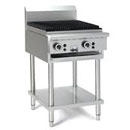
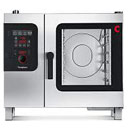
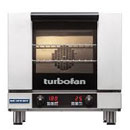
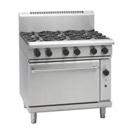
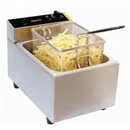
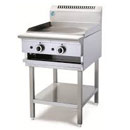
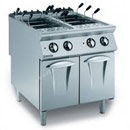
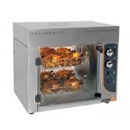
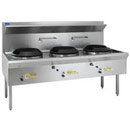
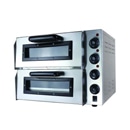
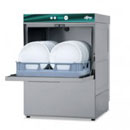

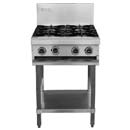

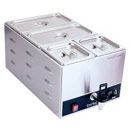
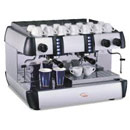
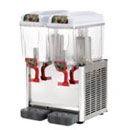
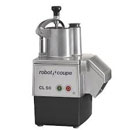
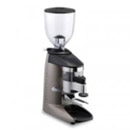
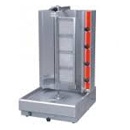
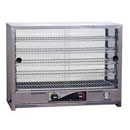
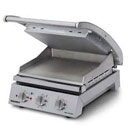
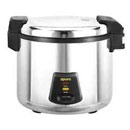
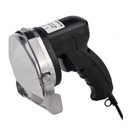
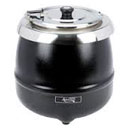
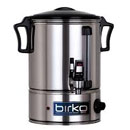
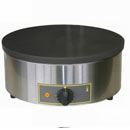
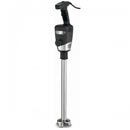
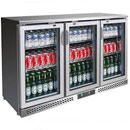
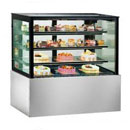
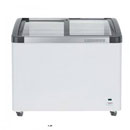
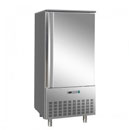
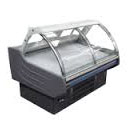
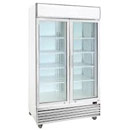
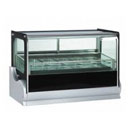
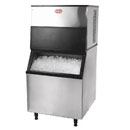
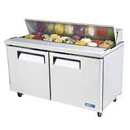
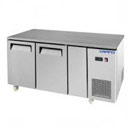
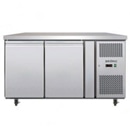
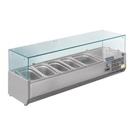





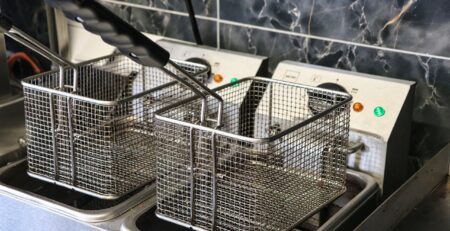

Leave a Reply